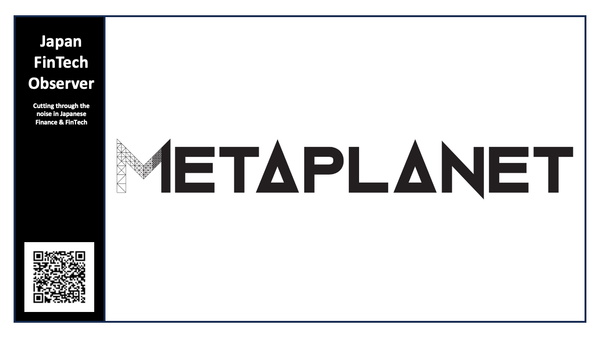Blue Lab and DEA Launch Gamification Aimed at Regional Revitalization with Stablecoins

Blue Lab and Digital Entertainment Asset (DEA), a Singapore-based company operating a global problem-solving game platform business, will launch a joint proof-of-concept experiment "GLOCAL AGENTS – Local Secret Society" themed around "gamification aimed at sustainable regional revitalization" starting in June 2025.
Users will receive rewards based on their earned points, and by using USDC, a stablecoin, for these rewards, the partners will verify the potential for new inter-regional economic circulation utilizing digital currency.
This proof-of-concept will be implemented in three regions: Hakodate City in Hokkaido, Niigata City in Niigata Prefecture, and Numazu City in Shizuoka Prefecture, from June to the end of July 2025. SBI VC Trade, a subsidiary of SBI Holdings, will participate as a Web3 technology verification partner for USDC (US dollar-pegged stablecoin) transmission/reception and cross-border payments.
"GLOCAL AGENTS – Local Secret Society" is a "point-earning game" where users complete simple missions such as PR dissemination cooperation from local companies and municipalities in just a few minutes daily, earning points while engaging with their regions.
Communities called "secret societies" will be formed for each region in Hakodate, Niigata, and Numazu. Team competitions between regional societies will be conducted to promote inter-regional exchange and revitalization in a game-like format.
Future Prospects
Through this proof-of-concept, Blue Lab and DEA aim to build a sustainable model that creates related population (people who maintain continuous involvement with specific regions beyond their place of residence or tourist interactions) for regions by leveraging the entertainment value of games and Web3 technology, leading to regional economic revitalization. The partners will also collaborate with local governments and companies in each region to verify the effectiveness of game-based regional problem-solving based on user behavioral data and survey results.




